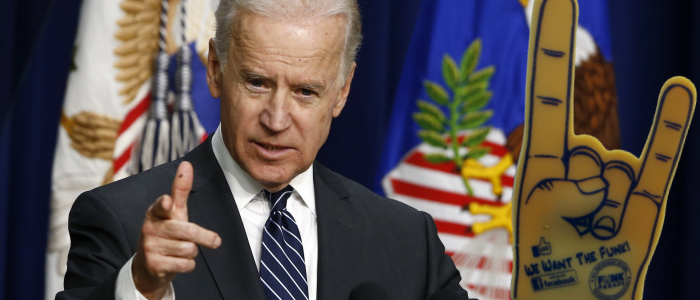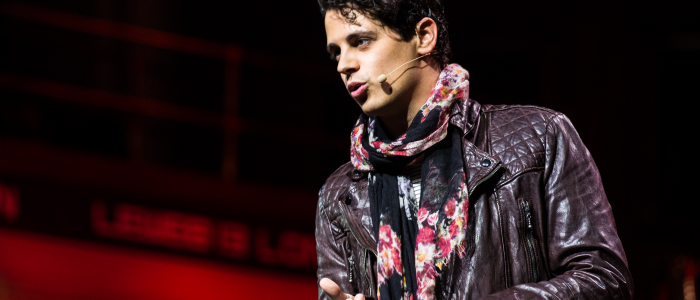Libertarians traditionally do a terrible job of explaining why socialism can’t work. Which is to say: we’re great at explaining it to other libertarians, but we think we can talk to our Bernie Sanders-supporter friends the same way. If you’re talking to someone who doesn’t already understand the problem, and you just say something like "in a socialist environment there can’t be market prices," you have to realize that person will think that’s a feature, not a bug. Most of us libertarians know about the socialist calculation problem, but to the wider audience it’s pretty esoteric stuff; it’s not just plainly intuitive to most people that the absence of market prices causes discoördination in production. Either way, it seems like ultimately you have some guy deciding what products, and how many, to make. Can’t we just put those successful entrepreneurs — the Bill Gateses and Jeff Bezoses of the world — in charge of the planning boards and have it work just fine?
This, of course, is where libertarians tend to fall down. We’re great at extolling the virtues of the entrepreneur, but, in a very significant sense, we miss the most important element: what’s critical about entrepreneurs is not that they make amazing, successful things, but that they’re able to fail in a controlled manner. When a product fails on the market, only the entrepreneur and those closely connected to him suffer, which is important for two reasons: first because it means that random people, uninvolved with the failed project, don’t have to bear the cost of the failure, and second because, by concentrating that cost on the people responsible, the failure is made immediately apparent, and the pressure to cease failing is substantial. Amazon’s Fire Phone, by all accounts, was a neat piece of technology, but nobody cared enough to buy one, and Amazon cut it loose after a few months of disappointing performance. Microsoft’s Windows 8 suffered a similar poor reception, which encouraged the company to proceed in a new direction (and quite swiftly!) with its replacement. While the successes are, of course, the ultimate goal of the market economy — the production of goods and services people want — the only thing that makes those successes possible is the market’s robust failure mechanism. When governments attempt to "soften the blow" of failure by socializing the losses, that not only creates a massive injustice (as innocent people unconnected to the failure are now forced to pay for it), but it also encourages businesses to linger in failed products and failed practices longer than they should.
(more…)




